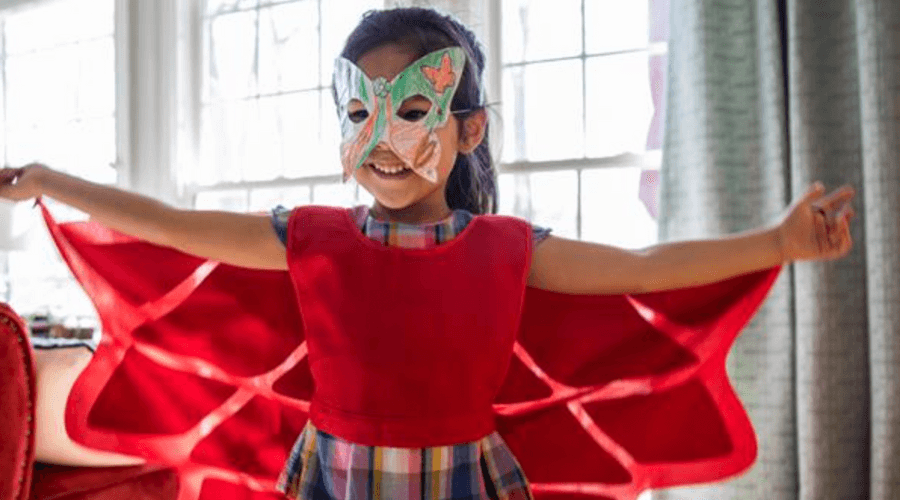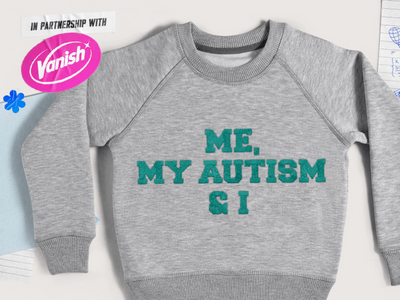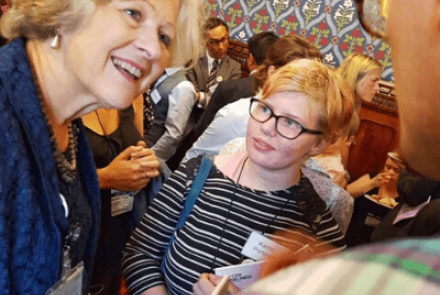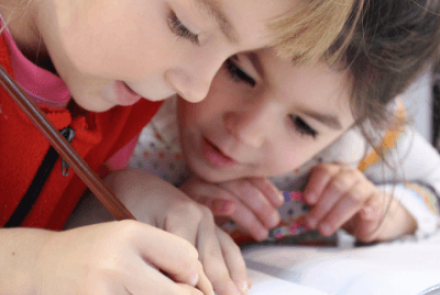Every super hero has their choice of fabrics, and being autistic is no different
Whilst autism has been negatively associated, like its sister of ADHD, you may need to change your thinking radically and see autism as a superpower. After all, where would we be without our dancers, engineers, artists, mathematicians, animal specialists, and environmentalists? Whilst the neuro-tyical communities insist that autism affects less than 10% of the world population, that figure was considerably lower when autism was first accepted into the medical world. I suspect, certainly through my clinical experience of some 30 years as a mental health nurse, those with autism is actually nearer 50%, myself being one of them.
There are very few professionals who truly understand the difficulties with being autistic. Part of the difficulty is that being autistic means there are no two same autistic presentations. There are over 150 different traits of autism, meaning that everyone is unique with their own presentation. Whilst there are some very common presentations such as being very fixed in their view points, having specialist interests, experiencing sensory issues, and struggling with transitions – there are many others. There is also the added misconception that most autistic presentations are simply autistic, when, in fact, it is very common to have a dual autistic presentation of autism with Attention Deficit Hyperactivity Disorder (ADHD) and/or Pathological Demand Avoidance (PDA). This increases the variables as to making the autistic presentation even more unique.
Teenagers, especially, have a lot to deal with at home, at school and with relationships. There is immense pressure to grow up quickly, establish an identity and fit in with their local community and society in general. The clue is in establishing an identity – looking around and considering where you feel most comfortable – and then how you go about doing this. Society is highly judgemental, and so how do you fit in? For those that are autistic, there is the belief you will have lots of friends, find it easy to communicate and socialise, share common interests, and be academically able. How does this help if you are not academically able, but, rather, artistic and gifted, or academically brilliant? Where do you fit? What if you cannot communicate and are mute, have a stutter, or tics, or lack the ability to keep up to speed with conversations due to delayed processing? What about if you feel you need to control conversations or the activity, as you struggle with transitions or sudden changes to the environment or routine?
One of the easiest ways is to think about clothing. Yet, this can be challenging. When autistic individuals are anxious, which is pretty often, the hairs on your skin generally stand up and are irritated by the material of the clothes. Clothes like hard collars shirts, ties and jeans can be problematic as it feels tight, restrictive or you might feel as if you are being choked by the innocent looking garment. Many schools expect you to wear a uniform, which strips you of any identity to be unique, and adds to the difficulties around being made to wear and punished if not worn correctly. Sanctions can exacerbate the already anxious autistic teenager. Further, strict uniform policy does not usually allow for coloured hair or make up when many young women choose to wear makeup as their mask, shielding them from their anxiety being noticed by peers. Yet, it is well known that soft clothing is a first choice, with hoodies a great way of feeling safer and reducing sensory impact around noise, and creating warmth – yes, some of us feel cold all the time. Laces and buttons can easily put us off, and for those of us who wear socks might have to have that one elusive brand because of its super softness. Being made to comply, irrespective of our difficulties is problematic, especially for those who experience PDA, aka crippling anxiety. There is very little thought or consideration given to how to reduce anxiety to allow autistic individuals to actually function in a neuro-typical way, in order to give them a fighting chance of surviving without further deteriorating their mental health.
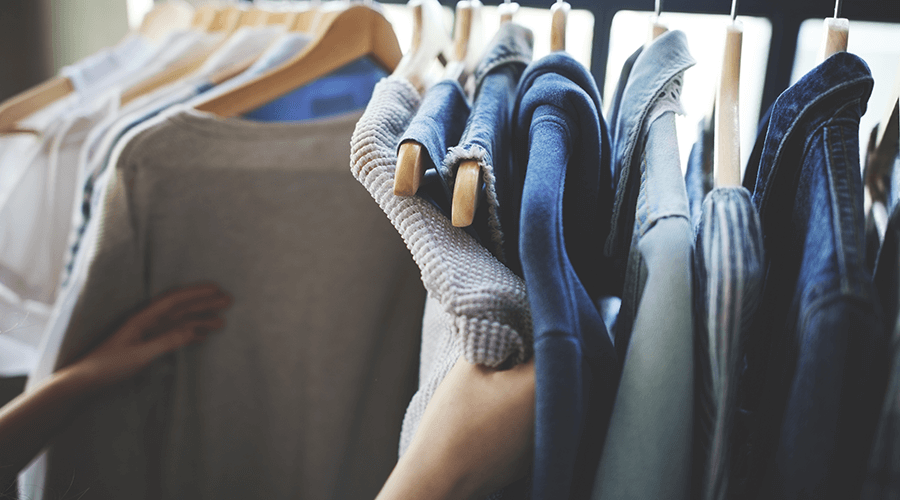
Clothing choice, if allowed, is one of the easiest ways of identifying our tribe, the one that will easily be recognised and accepted allowing us to be ourselves. Given that many autistic individuals struggle to recognise facial expressions, social cues and humour, something rather obvious about clothing actually is a god send for those that are autistic to navigate their way to the right tribe by the similar way they dress. This is well portrayed in the modern day film of St Trinians, who accept all types of tribes who show respect for their differences; even if they think the other groups are a bit weird or quirky. Yet, it allows each female, within their tribe, to dress in their own quirky way. To be openly allowed to be autistic allows us to blossom and flourish, of which fashion is relatively easy to access (be it going to the shops or online). We tend to be rather attached to our clothes, can often be seen as hoarders rather than get rid of, and unreasonably distraught when our favourite item is no longer available or we have outgrown the item. We can be rather fixated on our choice and must have, which can be the bane of our lives, but, ultimately, what we know is that we need to feel comfortable in our clothes to contend with our day amongst neuro-typicals. If our hair, makeup, clothes are not quite right, it just adds to the stress about being judged negatively, and can make the difference to us engaging, communicating or socialising.
For the autistic individual finding clothing that is soft and long lasting is not a luxury, but, rather, a necessity.
About the author
Lavinia Dowling, MSc, RMN, Dip Counselling, NNEB, Mental Health and Autism Nurse specialist, Founder and Director of The M Word (Emotional Problem Solving) cic
Vanish are donating 25p from every pack of Vanish Gold Range sold in UK Asda stores between 29th March and 18th April to Ambitious about Autism, to help create a world where autistic girls and young people are heard, included and supported.
Vanish have provided neurodiversity training to their employees and talent and acquisition teams to establish more inclusive hiring policies. Alongside the creation of an internal neurodiversity handbook. They will also offer employee volunteer days with Ambitious about Autism to continue to build an ongoing relationship, having committed to 3 years of activity for World Autism Acceptance Week.
Vanish is committed to helping clothes live longer and believe that every garment you own should bring you comfort again and again. Find out more about our #Rewear fight here.

